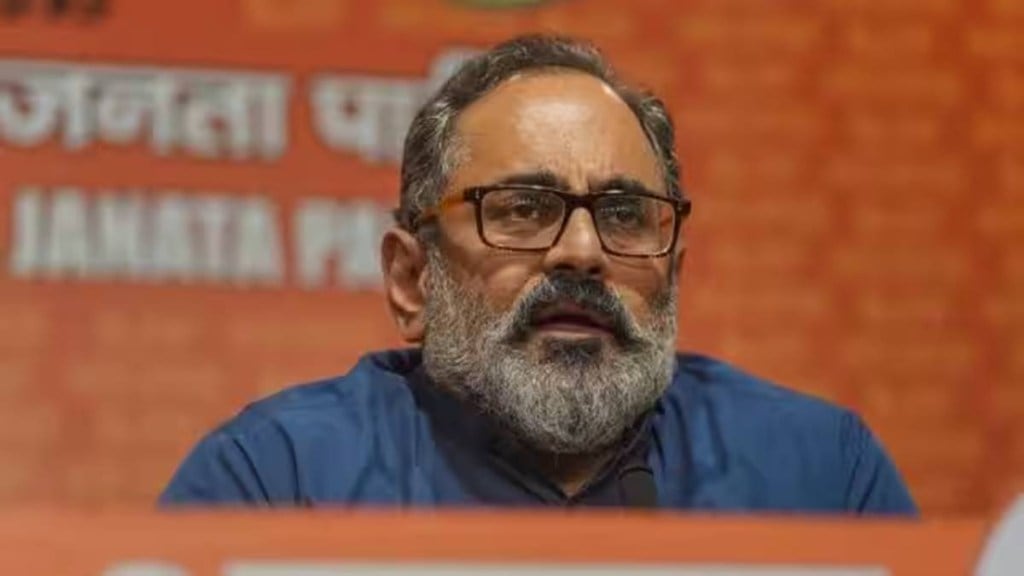The government is not averse to considering incentives for the semiconductor supply chain partners such as those involved in specialised chemicals, gasses, and other components required for manufacturing chips. The incentives, however, will depend on the need as well as the volume and scale of chip development in the country, minister of state for electronics and IT Rajeev Chandrasekhar told Fe on Saturday.
“If you look at India’s semiconductor incentive scheme, there is a built-in incentive which can take care of both the semiconductor company and its ancillary industries,” Chandrasekhar said.
Currently, the understanding within the government is that the company selected for incentives under the Rs 76,000-crore semiconductor scheme, can look to share the incentives with its supply chain partners based on its own terms.
The semiconductor incentive scheme only considers projects related to fabrication, chip design, compound semiconductors, as well as assembly, testing, marking, and packaging (ATMP), and not any ancillary industry.
“We are not averse to incentives for the ancillary semiconductor industry. But that will depend on the need to support these supply chain partners as well as the volumes and scale,” Chandrasekhar added.
Simmtech, Air Liquide, Kulicke & Soffa (K&S), which are suppliers to Micron have urged the government that they also be disbursed incentives similar to those being given to the semiconductor companies.
As part of the Rs 76,000-crore incentive scheme, the government provides 50% subsidy to firms which evince interest in setting up any form of semiconductor units and qualify as per the laid down norms. State governments where the firms concerned decide to put up the units can top it up with their own subsidy.
Calling Micron’s groundbreaking of semiconductor unit a milestone, Chandrasekhar also emphasised on India’s own chip manufacturing and R&D hub Semiconductor-Laboratory (SCL) in Mohali. The government is spending about $1.2 billion to modernise SCL.
“Vision for SCL is to help create advanced nodes, and support India’s semiconductor ecosystem in terms of allowing access to commercial lines,” Chandrasekhar said.
According to Chandrasekhar, with SCL modernisation through public private partnership (PPP) model, the company will not only help in research but also manufacturing, talent, and catalysing innovation.
The government is currently seeking proposals from both Indian and global companies with expertise in technology and operations to modernise SCL in Mohali.

